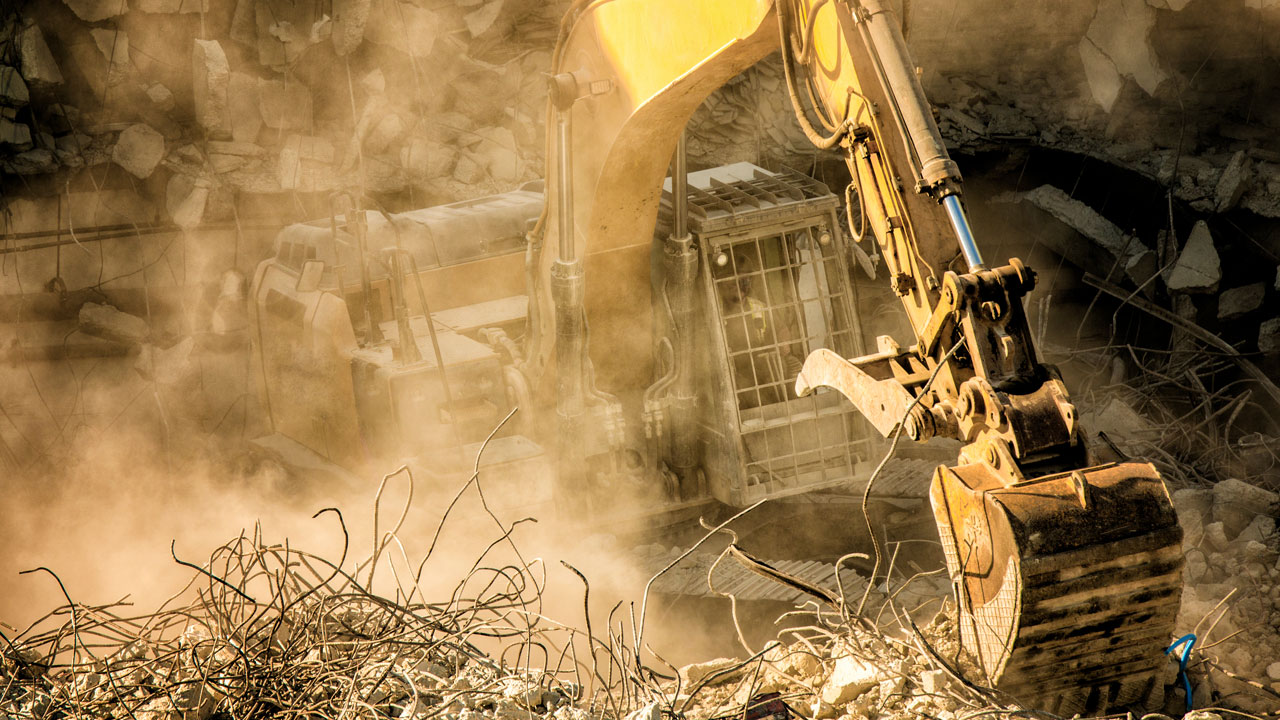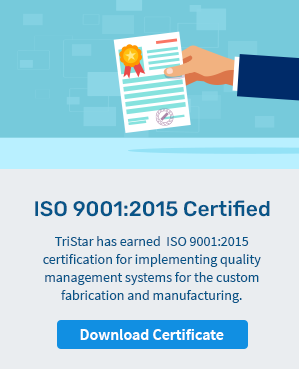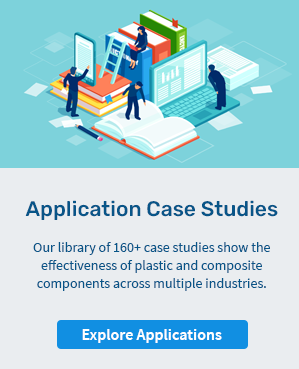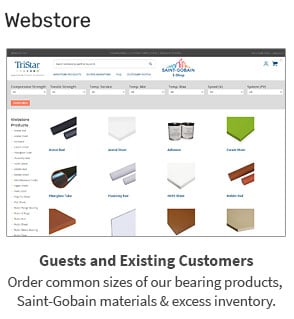2 min read
The Dust Stops Here: Which Bearing Types Overcome Dusty Environments?
![]() Dave Biering
October 30, 2025
Dave Biering
October 30, 2025

Dust and debris pose a serious challenge to bearing performance, but impact some bearing types more than others. Environments such as food processing lines, paper mills, and construction sites produce airborne contaminants that can clog, abrade, and ultimately destroy bearings.
Lubrication levels play a key role in how bearings respond to dust exposure. The right lubrication method can mean the difference between long service life and premature bearing failure. Let’s clear the air (and the dust) to examine which bearing types truly stand up to these harsh conditions.
Why Is Dust a Problem for Bearings?
It all comes down to bearing life and equipment uptime.. A contaminated bearing will fail sooner, forcing costly shutdowns for maintenance and replacement.
Dust can take many forms: sand from paper processing, food debris generated from peanut processing, metal particulate kicked-up from machining. No matter the cause, as dust accumulates, it becomes abrasive, eroding the bearing surface, degrading seals, and creating friction.
Rolling element bearings (like ball or roller types) are particularly vulnerable. As dust infiltrates, it pits the rollers, races, and bearing surfaces, leading to premature wear. Over time, dust and grease combine to form a lapping compound, thickening between the bearing and shaft. Once clearances tighten, bearings seize, and equipment stops.
Expert Note from Tristar: In dusty environments, traditional greased metal bearings act like magnets for contaminants. Excess grease traps debris, accelerating wear. At Tristar, we’ve seen countless facilities, from peanut processors to mining operations, lose productivity due to this issue. Self-lubricating polymer bearings, by contrast, eliminate excess grease, resist debris buildup, and continue running clean under the same conditions.
How Can You Stop Dust Accumulation in Bearings?
Prevention is the first line of defense. Here are several practical steps to minimize dust-related failures:
- Install proper filtration systems to capture airborne contaminants.
- Pair bearings with compatible seals to maintain clearance and block ingress.
- Schedule regular cleaning of metal bearings and housings to remove excess grease.
- Avoid over-greasing, which transforms into a lapping compound as dust collects.
However, even with strict maintenance, metal bearings remain prone to contamination. A smarter, longer-lasting solution is to eliminate lubrication buildup altogether by switching to non-metal, self-lubricating bearings.
Why Self-Lubricating Bearings Excel in Dusty Environments
While all bearing types rely on some form of lubrication, self-lubricating bearings operate cleanly, without excess grease or oil. They integrate solid lubricants (such as PTFE, graphite, or MoS₂) directly within the bearing material, forming a microscopic transfer film that continuously lubricates the surface.
This means:
- No external grease to attract dust or debris
- Lower maintenance requirements and fewer shutdowns
- Extended service life, even in abrasive or high-dust applications
- Cleaner operations for industries with hygiene or contamination standards
Expert Note from Tristar: Self-lubricating composite bearings like Ultracomp® and CJ® from Tristar are proven performers in construction, food, marine, and agricultural equipment, where dirt, sand, and dust are constant threats. Their dry-running laminate design resists abrasion and eliminates grease-related failures; keeping machinery running longer with less maintenance.
Real-World Applications
- Food Processing: Self-lubricating bearings prevent peanut dust buildup and contamination, keeping production lines clean.
- Construction Equipment: Polymer bearings resist sand, cement dust, and grit in high-impact joints.
- Paper Mills: Composite bushings maintain clearance and stability despite airborne fiber particles.
- Mining and Agriculture: Dry-running composites reduce downtime from debris infiltration.
An extended service lifetime is another benefit; you can learn more about avoiding bearing failure here.
Connect with an Expert with any questions about the right bearing type for your environment!









